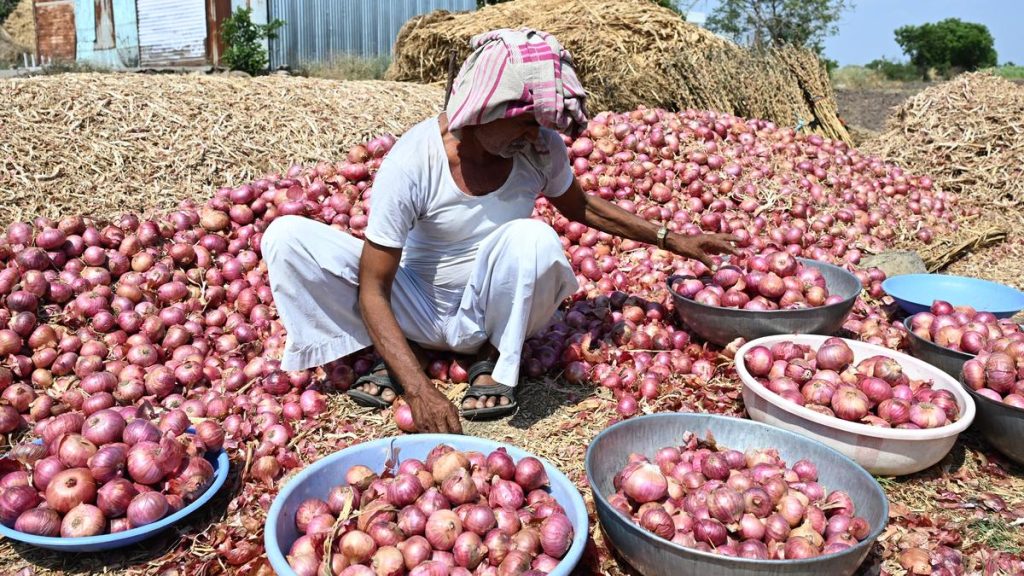Now Reading: Assam Conclave Charts Path for Sustainable Bamboo Economy
-
01
Assam Conclave Charts Path for Sustainable Bamboo Economy
Assam Conclave Charts Path for Sustainable Bamboo Economy

Quick summary
- Event: Policymakers, industry leaders, entrepreneurs, and innovators gathered at teh Northeast Bamboo Conclave in guwahati on September 18, 2025.
- Agenda: Discussion focused on building a sustainable bamboo economy by integrating traditional knowledge with modern technology and fostering inclusive growth. The aim is to create a globally competitive bamboo sector contributing to sustainable development.
- Resource Potential: Northeast India and part of west Bengal hold over 50% of India’s bamboo resources, making them key for the National Bamboo Mission (NBM).
- Expert Contributions:
– M.C. Omi Ningshen emphasized partnerships, investments, and innovations as critical for aligning with NBM goals to establish bamboo as a cornerstone of India’s bio-economy.
– Collaborative efforts from governments and private/public sectors are seen as essential in driving investments and scalability.
- infrastructure Boost: The recently inaugurated bamboo-based ethanol plant in Numaligarh by Prime Minister Narendra Modi is expected to significantly enhance the region’s bamboo-based economy.
- Objectives Discussed: Proposed manufacturing units for engineered bamboo aim to replace wood products sustainably.
Indian Opinion Analysis
The Northeast Bamboo Conclave highlights India’s growing recognition of its abundant natural resources like bamboo as drivers for green growth and economic development. With northeast India being central to the National Bamboo mission due to its resource density,leveraging this potential could boost regional incomes while contributing to environmental sustainability.
The focus on government support combined with active private-sector participation aligns well with broader developmental initiatives aimed at achieving self-reliance through innovative bioeconomy projects. Inaugurations such as Assam’s first ethanol plant signal progress toward practical implementation but will require sustained collaborations between stakeholders.
As global markets increasingly favor eco-friendly products, developing scalable ecosystem linkages-from traditional practices through modern engineering-will be vital for India’s competitiveness internationally while fostering local livelihoods domestically.
Read more: PM Modi inaugurates India’s first bamboo-based ethanol plant
























